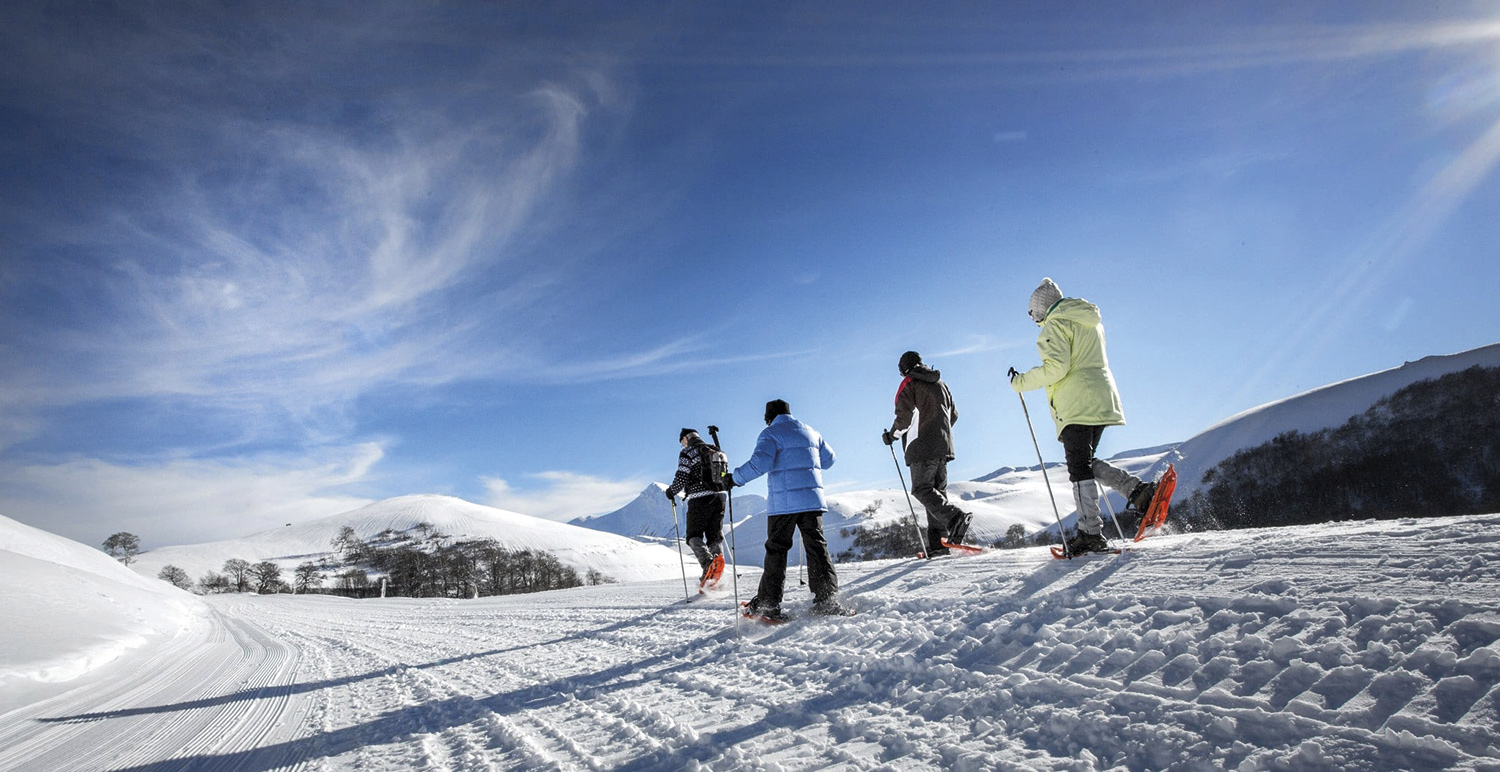

When we are alerted to the climate emergency, we are often ignored, as if we had no consequences for living in this part of the world. But the reality is stubborn.
The newly dead Sarenne glacier, occupied by the Alpe D’Huez station, has been fired in the French Alps with a symbolic funeral, as four years ago in honour of the Okjökull glaciers of Iceland and Pizol of Switzerland. In the French state, Sarenn is the first glacier to receive this tribute. It will not be the last, as scientists have warned. Located 3,000 meters high, in just over a hundred years its width has gone from 124 hectares to almost zero. "In recent years it has collapsed much faster," glaciologists stress.
On the other hand, in the Irati ski resort there will be no possibility of cross-country skiing for the next season due to climate change. According to the head of the chalets, Josy Arrossagaray, "the weather is changing up there", and weak winds and temperature changes make it difficult to work with snow. They will close cross-country ski slopes, but not rackets. And also in the Pyrenees, in the Naional Park of Ordesa, we've read these days that the Lost Mount Glacier has split into two.
This kind of news is likely to stir up more consciences than scientists' data, although the numbers are increasingly speaking of the gravity of the situation. For example, according to the Pirenaico Climate Change Observatory (OPCC), without artificial snow, 63% of the mountain stations should be closed within a few years, and with it, the destination of one in three is to disappear.
Where the Okjökull Glacier was located in 2019, a plate with a message addressed to the future inhabitants was placed: “Over the next 200 years, all our glaciers can have the same fate. This plate shows that we know what's going on and what we should do. Only you know if we did what we had to do.” According to a study by the IGS, up to 2100 years 90% of the glaciers in the Alps will disappear. “Faced with appalling forecasts, there are people who want to make an effort to protect the ecosystem, but also to invest in snow activities, who want to delay the inevitable with guns and transient artificial snow infrastructures,” Laurie Deboy wrote in La Relève and La Peste.
Scientists at the University of Imperial College London have recalled that reducing CO2 emissions is critical to not overheating the planet in the coming years. We cannot ignore it.